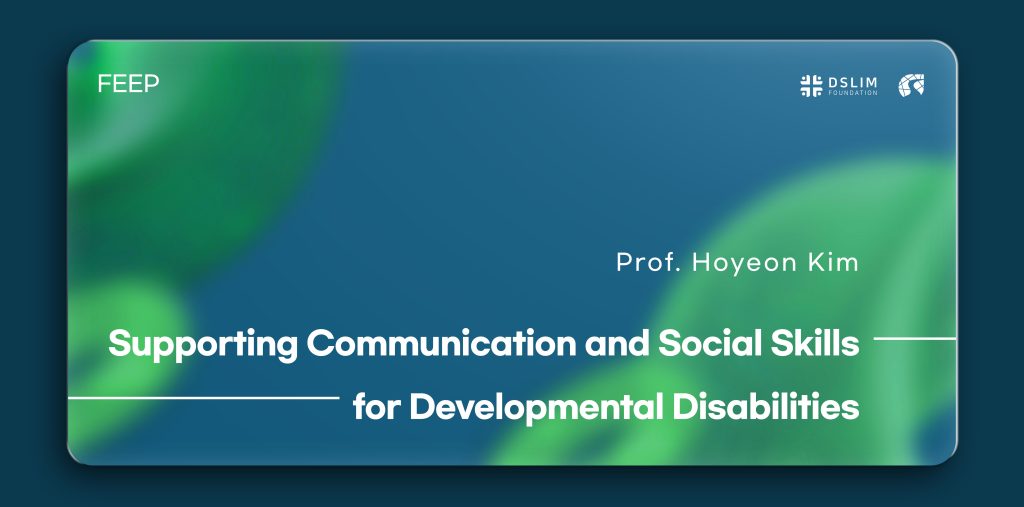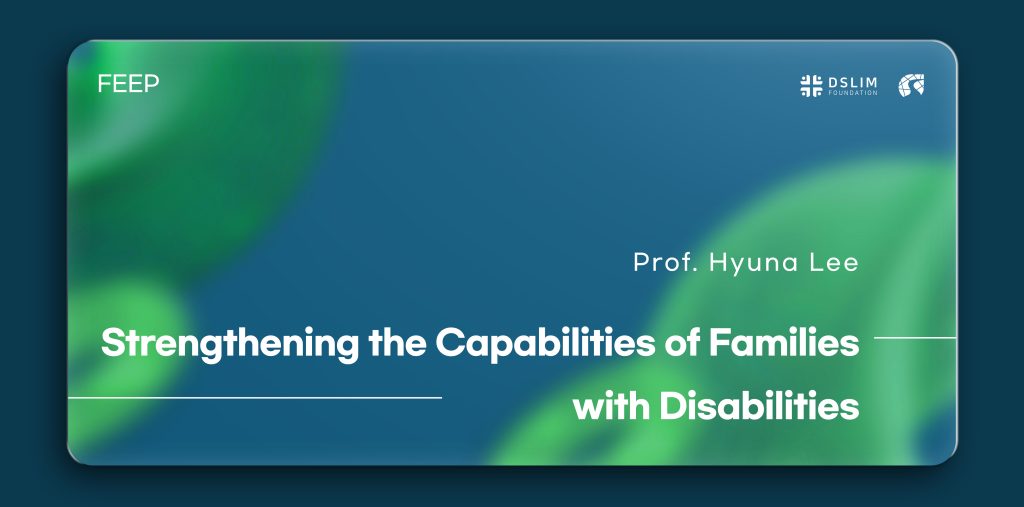Coincidence or Necessity: A Moment's Difference?
Professor Jae-Hyun Jung
Much of Life Is Coincidental
A significant portion of our lives hinges on coincidence. For instance, we might not have been born at all, yet here we are. Being born human rather than a cockroach, and being born through our specific parents rather than others, are all matters of chance. In fact, the entire course of life might be a series of coincidences.
Yet, every single moment is unique. Occasionally, seemingly similar events occur in succession, which we term a “coincidence.” This reflects our desire to find patterns, even tenuous ones, to make sense of randomness. However, when an event recurs one more time, it begins to feel like necessity—a pattern emerges, or even a law. There’s a Western proverb that illustrates this well:
“Once is a moment, twice is a coincidence, but three times is a pattern.”
What’s noteworthy here is how quickly coincidence turns into necessity. While “coincidence” and “necessity” appear to be opposites, they’re separated by merely a single instance. That one moment can determine which path we take.
Between Coincidence and Necessity
This is why people often say a single moment’s decision can shape one’s entire life. A fleeting choice might lead to fortune or ruin, leaving us with either lifelong blessings or regrets. When we focus on moments, however, it seems that things go wrong more often than they go right. After all, it only takes a moment to cause ruin, making these fleeting instances inherently perilous.
Consider how difficult it is to earn money compared to how easily it can be spent. Many people lose their hard-earned retirement savings in an instant. Conversely, it’s rare to see someone who slowly and deliberately enjoys money made in a fleeting moment. The moment is significant, but its fleeting nature makes it precarious.
When does a moment occur? It’s always in the present. If we were to measure its duration, it might be no more than a split second—a fleeting instant. Yet, this brevity often leads us to overlook its importance. Before we realize it, the present moment slips into the past.
Failing to fully grasp and experience the present moment often leaves us with regret, as we recognize its significance only in hindsight. Hence, we lament missed opportunities. Seizing and savoring the present moment is crucial. The phrase “Carpe diem” (“Seize the day”) speaks to the whirlpool of fleeting moments that define life.
As mentioned earlier, the distinction between coincidence and necessity is merely a moment’s difference. Coincidence relies on the one-off nature of a moment, making it challenging to predict the future. Necessity, by contrast, suggests a likelihood of similar occurrences in the future, sometimes even forming a rule. However, the gap between coincidence and necessity isn’t as wide as we might think.
What’s worth noting? If the distance between coincidence and necessity is so narrow, looking at the broader picture might reveal that coincidence isn’t purely random and necessity isn’t absolute. Ultimately, how we view the situation determines whether we remain trapped or transcend it.
Life Is Probable
Modern quantum physics has discovered an element of randomness and unpredictability within the universe. While traditional science might find this unsettling, it is now boldly embraced. The principles of randomness and unpredictability, once reserved for myths, are being acknowledged within the scientific pursuit of laws and patterns.
Focusing solely on coincidence makes the future seem uncertain and anxiety-inducing. Conversely, clinging to necessity feels restrictive and suffocating. Neither option seems entirely satisfactory. However, there’s a middle ground: probability.
Life is inherently probable—neither fully random nor strictly deterministic. Probability represents a state of uncertainty but plausibility. If our lives have been a back-and-forth between coincidence and necessity because we’ve struggled to reconcile the two, why not boldly embrace probability as our guiding principle?
Recognizing life as probable might free us from the constraints that bind us. Life cannot be fully navigated through coincidence alone, nor can it be controlled by necessity. Even destiny, which might appear as immutable necessity, often emerges from paying attention to the unexpected and unpredictable. In a sense, destiny itself teeters between coincidence and necessity.
Thus, rather than clinging solely to one perspective, we might find it wiser to embrace the wisdom of probability and navigate the swirling currents of life accordingly. Thank you.

“Just remember that you can test different video lengths until you find what works best –– the sweet spot. Pay attention to your video performance and adjust until you see success.”




